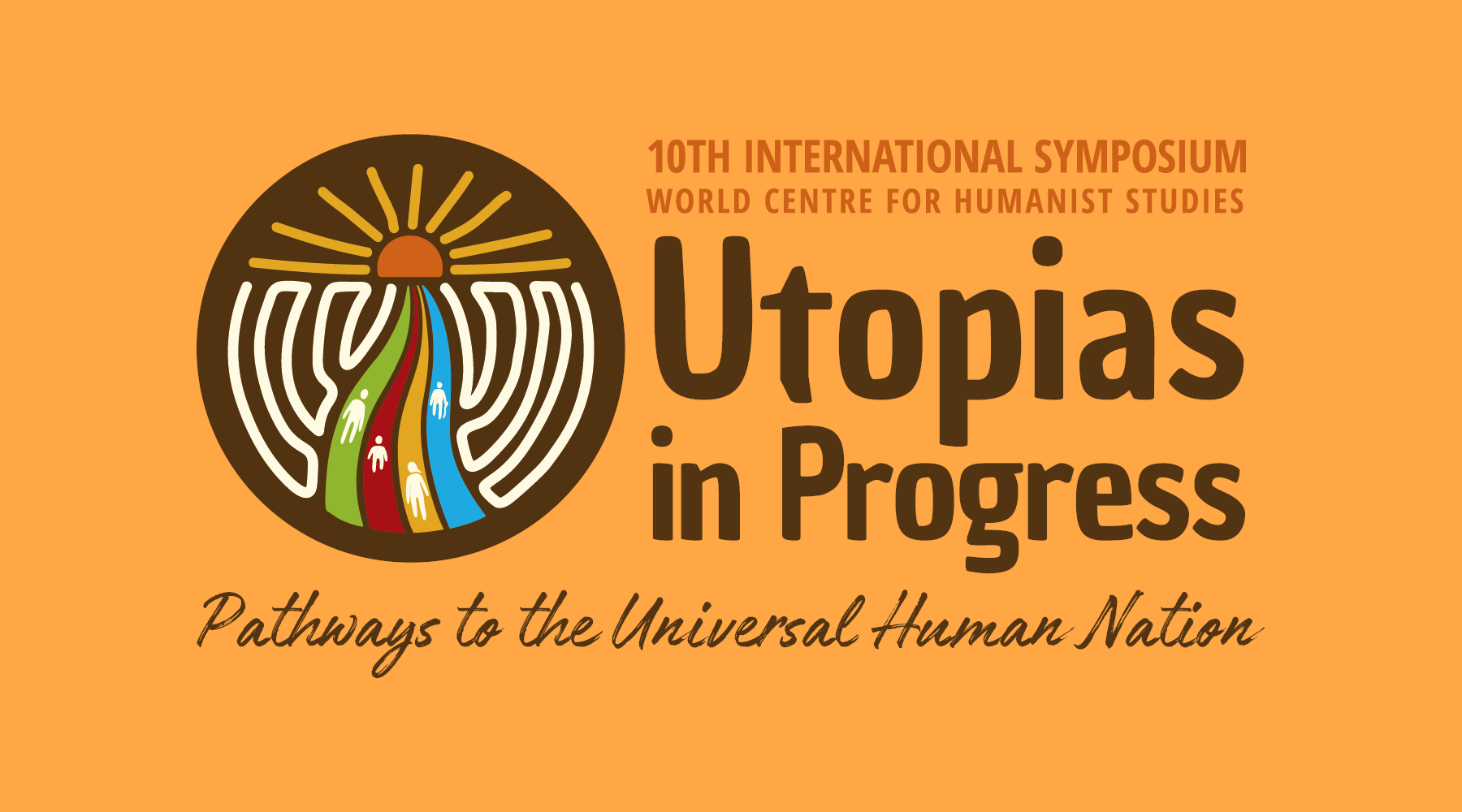The crisis situation humanity is going through at the present time is evident. All spheres of action and thought are affected by it. Education is also immersed in it.
The school, for centuries, has been the place where new generations have met with previous generations in order to pass on their knowledge in order to transfer, build and value the cultural knowledge obtained so far.
The responses built and to be built in the face of this crisis are often held back by the limits of short-term pragmatism. We act with the feeling that we live in a continuous state of emergency of educational issues that are solved from a "patch of errors" approach. The pandemic has extrapolated these issues that have already been present for almost a historical century in Latin American and European territories.
In turn, we assume that the substratum of basic beliefs of the time in our specific field has to do with the configuration that the best for the human being is only his development in the social political environment; as it was proposed since the 18th century, materialized in the idea of Educating the Citizen; or also, in the 20th century, the purpose of building the labor force for the market.
Paradoxically, on the one hand, we need references to guide our action in the world. But, on the other hand, the traditional references appear to us as inadequate and suffocating, considering education again and again as an outdated, old and obsolete field in many respects.
The problem of homogenization proposed by the closed system in which we find ourselves, poses the problem of the disappearance of the very rich features of the real diversity of the different communities and human groups.
A new image of education needs to be shaped. The humanist and the humanist pedagogy can give an overcoming response to these criticisms of the specific field and of society.
There is no human action that is not preceded by an idea or an image of what one wishes to do, or what one wishes to achieve with a certain action. Thus, every idea, every image of the future, every proposal for change, first arises in the realm of the individual consciousness. The innovators in the different branches of science have been those who were able to leap over the beliefs of their time.
We need to develop pedagogies that overcome binary thinking (which only includes opposites such as body-soul, friend-enemy, etc.) by a broader and deeper thinking that includes diversity, which we call the triple vision of reality. In this way, students are led to question their interests, their points of view, which make it possible to understand differences and their relationships. Pedagogies that overcome the disguised or evident authoritarianism and replace it with respect for the student's decision as a central value.
We need to make visible the projects that many humanists, and many people with a humanist sense, are carrying out in all latitudes based on the change of thinking about the human being.
Our purposes are to contribute to generate new proposals to overcome the context of the crisis in education; to make visible the possible and concrete answers that reconfigure the image of the human being that is set up from the humanist perspective, and to recognise the existing practices.
Call for papers - deadline: 28/2/2023: http://2023.worldsymposium.org/en/call



